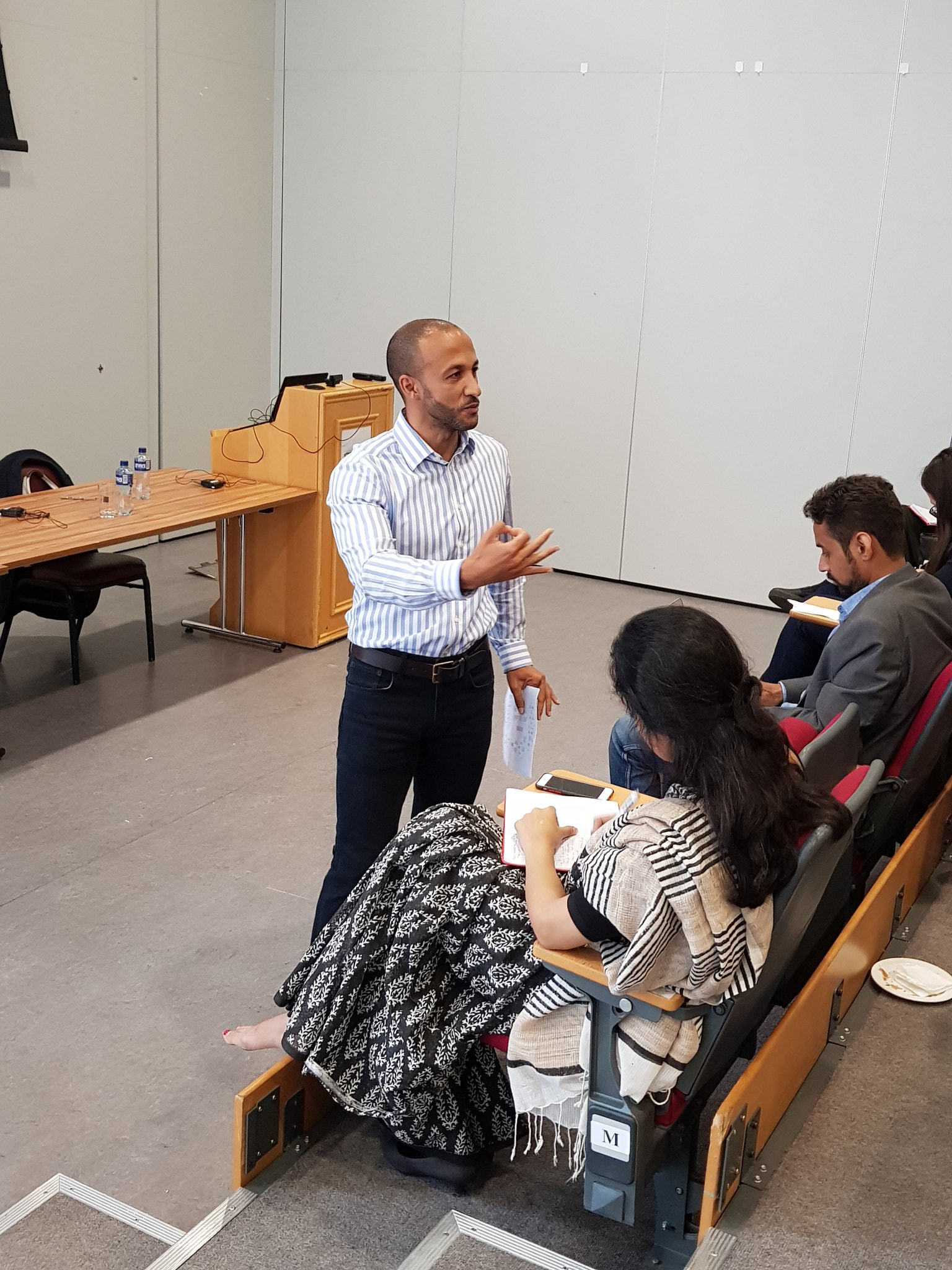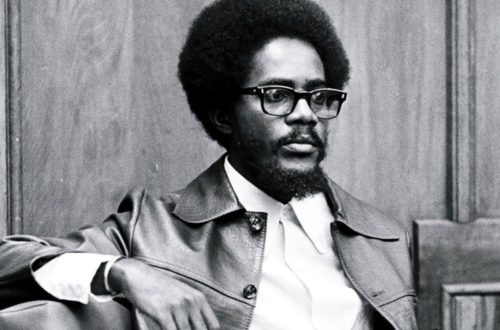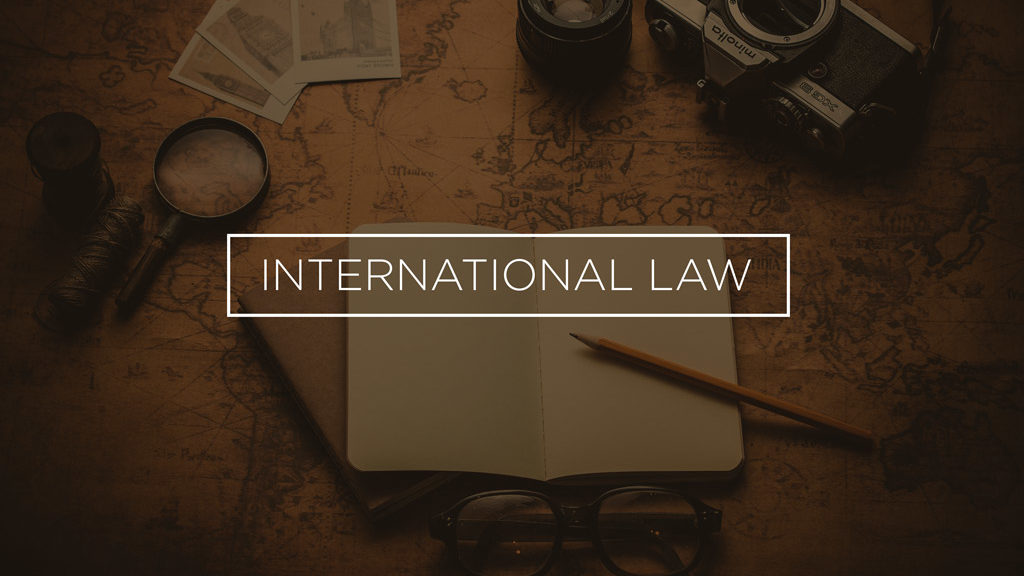
‘Teacher Don’t Teach Me Nonsense’: Subverting Eurocentricity in International Legal Pedagogy
Forthcoming in Antony Anghie et al (eds), The TWAIL Reader (Edward Elgar 2020)
I published TWAIL Pedagogy: Legal Education for Emancipation in the Palestinian Yearbook of International Law ten years ago.[1] The article possessed no singular identity, proffering arguments about the links between international law and legal pedagogy, and making a bold (naive) political statement before the requisite call to action. I did not (nor do I) regard any of this as problematic. Youth is daring or it is nothing and the piece was a deliberate foray into iconoclasm, theoretically, rhetorically, and stylistically. Some two years later, I converted the article into a work of graphic art and published it in the Trade, Law, and Development journal.[2] Borrowing from Ngugi wa Thiong’o, I entitled it Moving the Centre of Legal Education, challenging orthodox forms of academic expression by producing a piece that channelled TWAIL’s irreverence. Also relevant were the partnerships that yielded both articles. Each was written in collaboration with a then-current undergraduate student—Vernon Tava for the first and Mia Koning for the second—and the graphic artefact benefited from some impromptu mentoring by Emory Douglas, former Minister of Culture of the Black Panther Party. The message was overt: if TWAIL is to achieve its dual subversive-creative aspirations, in addition to producing critical scholarship, sympathetic scholars must target the teaching of international law in pursuit of a radical agenda of pedagogical transformation.[3]
The tenth anniversary of these works and, likewise, the ten-year anniversary of my career as a scholar and participant in the TWAIL movement provides a valuable opportunity to reflect upon and revisit some of the ideas articulated in and through both articles. It is also useful to review certain practical approaches to advance critical international legal pedagogy. And so, to complement this TWAIL reader, my contribution situates pedagogy within the wider TWAIL movement. My hope is that readers will be persuaded to regard law schools as platforms where we can educate future publicists about both international law’s predations and its potentials.
The following chapter is divided into five parts. Following this introduction, I provide a brief overview of TWAIL, highlighting elements of international law that are relevant in the development of a teaching mission. In the third section, I link international law to pedagogy, placing emphasis on the epistemological, tautological, and ontological levels at which tertiary education operates. In the fourth, I draw on the decolonisation of the university movement to adumbrate three distinct approaches to decolonising the teaching of international law, each of which pushes lecturers and students in uncomfortable ways helping to disrupt their thinking about international law and to advance the cause of TWAIL. In the final part, I argue for one last step in the confrontation with Eurocentrism in international legal pedagogy: namely, to stop teaching to it.
[1] Mohsen al Attar and Vernon Tava, ‘TWAIL Pedagogy – Legal Education for Emancipation’ (2009) 15 Palestine Yearbook of International Law 7.
[2] Mohsen Al Attar, ‘Education for Emancipation’ (2011) 3 Trade L. & Dev. 257.
[3] For a discussion of this tension, please see Mohsen al Attar, ‘TWAIL : A Paradox within a Paradox’ (2019) forthcoming International Community Law Review.
[For those interested in a draft version of this article, please email me directly.]



